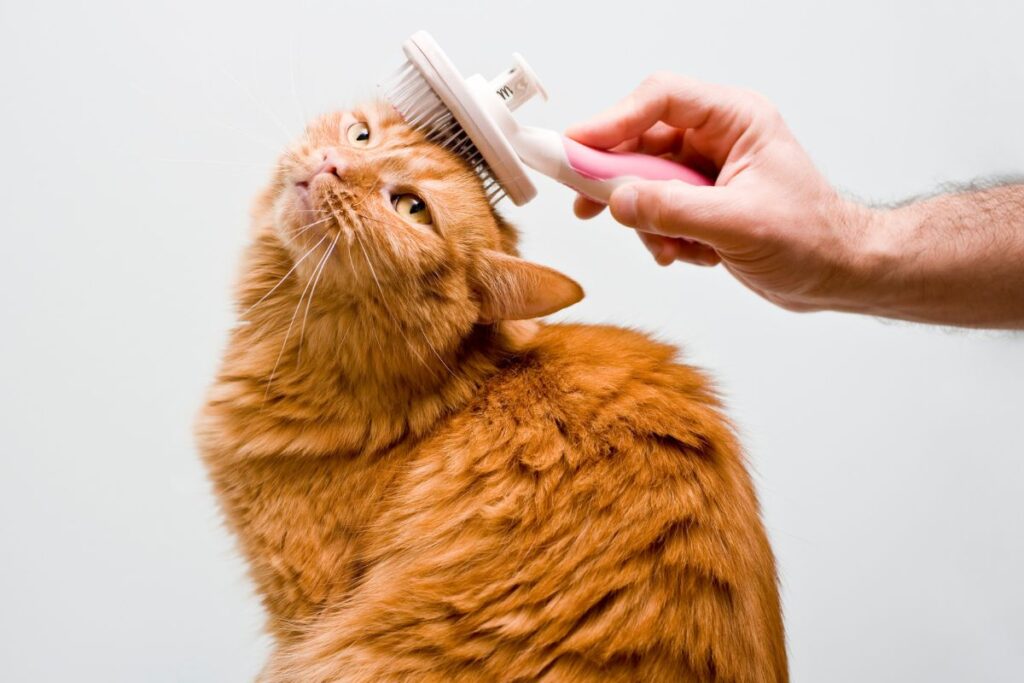Sharing your life with a pet brings immense joy and companionship. Beyond the immediate pleasure of cuddling with a furry friend, pets offer numerous physical and mental health benefits. Research has revealed how the human-animal bond can enhance our well-being in various ways. Here are the top 10 ways pets can improve your life:
Reducing Stress and Anxiety
Interacting with pets is a proven way to reduce stress and anxiety. Simply petting an animal releases oxytocin, a hormone linked to relaxation and bonding.

Studies suggest that spending time with a pet can lower cortisol, the stress hormone. Just having a pet nearby provides comfort and emotional support, making difficult situations more manageable.
Lowering Blood Pressure
Pet owners often experience lower blood pressure during stressful moments compared to non-pet owners. Pets help create a calming environment, encouraging relaxation.

The American Heart Association notes that owning a pet can promote heart health, potentially lowering the risk of heart disease. The companionship of pets encourages regular habits like exercise, contributing to overall cardiovascular health.
Encouraging Physical Activity
Pets, particularly dogs, inspire regular exercise through walks, play, and outdoor activities. Dog owners tend to walk more, leading to better physical health.

This benefits both the pet and the owner, helping maintain fitness and fight against obesity. Playing with pets also releases endorphins, boosting mood and promoting a sense of happiness.
Reducing Loneliness Through Companionship
Pets offer unwavering companionship, which can alleviate feelings of loneliness, especially for those who live alone. The bond with a pet provides emotional support and gives life a sense of purpose.

Research shows that pet owners feel less lonely and more connected. This companionship can be especially helpful for seniors or individuals going through life transitions, offering emotional stability during times of change.
Boosting Mood and Emotional Well-Being
The unconditional love pets give can brighten your mood and help reduce symptoms of depression. Caring for a pet instills a sense of responsibility and fulfillment, which in turn boosts self-esteem.

Pets have a natural ability to comfort, helping elevate spirits in difficult times. Their capacity to sense human emotions offers a soothing presence that eases sadness and strengthens emotional resilience.
Increasing Social Interactions
Pets, especially dogs, can help foster social connections. Dog owners often meet other pet owners during walks, forming new friendships.

Pets act as social icebreakers, making it easier to engage in conversations. This increased interaction can reduce isolation and help build a supportive social network, enhancing overall well-being.
Adding Routine and Structure
Caring for a pet brings consistency to daily life, which can create a sense of stability and purpose. Pets thrive on routine, and their needs for food, exercise, and grooming encourage owners to maintain structured schedules.

This can be particularly helpful for individuals dealing with anxiety or depression, as it provides predictability and control over daily tasks.
Therapeutic Benefits for Children
Children who grow up with pets develop a stronger sense of responsibility, empathy, and improved social skills. Interacting with animals fosters compassion and teaches kids how to care for others.

Research has also shown that pets help children regulate emotions, reducing stress and anxiety. Pets provide a comforting outlet for children to express feelings and develop essential life skills, including nurturing and communication.
Enhancing Life for Older Adults
Pets can greatly improve the quality of life for seniors, providing companionship and encouraging physical activity. Having a pet helps stave off loneliness and depression, particularly for older adults living alone.

Pets offer emotional support during challenging times and keep seniors engaged in activities, helping maintain cognitive function and overall well-being.
Supporting Cognitive Health
Studies indicate that pets can positively affect cognitive function and emotional stability, especially in people with Alzheimer’s or dementia. Pets provide comfort and companionship, often improving mood and behavior.

The familiar presence of a pet can trigger positive memories, providing emotional support in difficult times. Animal-assisted therapy has been shown to boost cognitive functioning, underscoring the profound impact pets can have on mental health.







